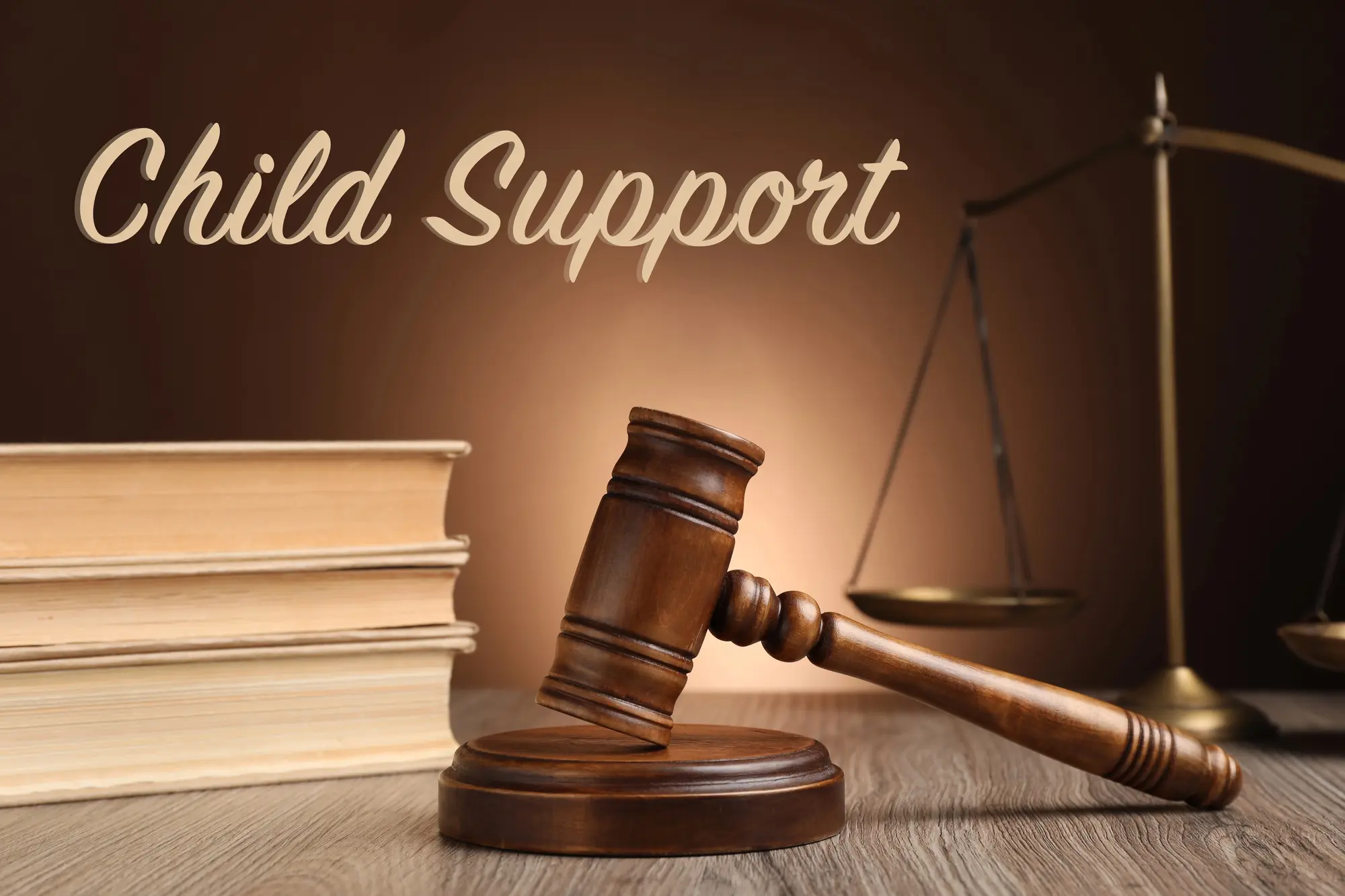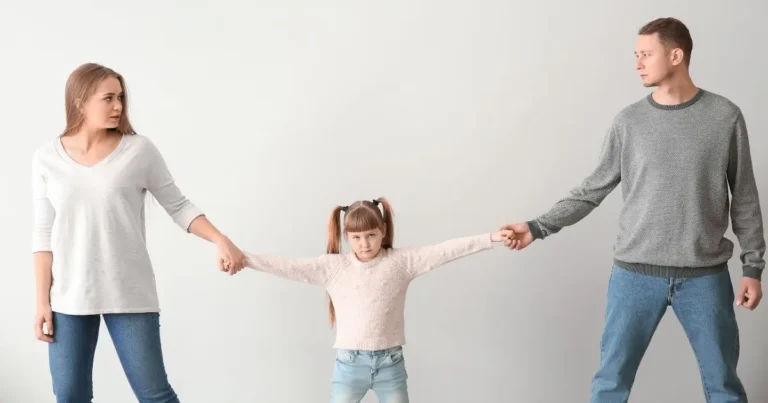Child Support – Modification and Private Agreements~2 min read
Child support is a very common area of conflict in family law cases. Whether you are an unwed parent, or whether the parties have been married, so long as parents have minor children, the court must address the financial component of the children’s welfare. Whether by agreement, or after a final contested hearing, child support is ordered through a form called the Uniform Support Order.
Child support can be modified for a substantial change in circumstance or every three years from the date of the last order. However, child support cannot legally change without creating a new Uniform Support Order. Remember, a Uniform Support Order is still a court order. It cannot be simply disregarded by the parties without the Court’s consent. This is especially true considering that child support concerns payments for the care of minor children, who have no say in the process.
Many parties agree to “temporarily” modify child support for a job loss. Otherwise waive child support because the other parent is willingly helping with additional expenses beyond child support. Likewise, some parents believe that you can reduce child support if a child “ages out” of child support. However, all of these decisions incur significant risks of creating significant child support arrears years later. Specifically, any private decisions that are not approved by the Court will run the risk of the obligee (the person receiving child support) requesting repayment of their child support arrears.
Therefore, there are some important facts to remember to avoid incurring a significant child support arrearage:
- Multiple Children – If the parties have multiple children, unless it is explicitly written in the child support order, child support does not automatically reduce because a child achieved their age of majority or graduated from high school.
- Private Agreements – A court will not uphold a private agreement to modify support unless it is explicitly filed by the parties and approved by the Court.
- Retroactive Modification – Modification is only effective as of the date of service on the other party. You do not receive retroactive modification unless it is explicitly written in the order.
It is critical that if you or your partner have agreed to modify child support for any reason that you each speak to an attorney to have that agreement validated and submitted with the Court. Even a privately signed and notarized agreement will not be sufficient to protect you in the future. Failure to change your Uniform Support Order will have significant financial consequences.
The family law attorneys at Parnell, Michels & McKay are experienced in providing advice concerning child support modification and ensuring you have a valid child support agreement. If you are interested in learning more about modifying you child support, please contact us to learn more.
Rory Parnell is a graduate of Southern New Hampshire University and New England Law – Boston. Rory worked full-time, for the then Law Offices of Parnell & McKay, every year he was in law school, and has been working at Parnell & McKay and then Parnell, Michels & McKay since 2002. Rory has been a partner at the firm since 2017, and dedicates his practice primarily to civil litigation.
Rory has been admitted to the New Hampshire and Massachusetts Bar Associations since 2011, and is licensed to practice in the United States District Court of New Hampshire. Rory works primarily in the areas of Injury (including motor vehicle collisions, motorcycle collisions, slip and falls, dog bites, trip and falls, and other injuries), Workers Compensation, Real Estate Litigation, Landlord/Tenant, Disability, and General Litigation areas.
Awards and Recognition's:
2021 Forty Under 40 Honoree from the Union Leader
2020 Pro Bono Distinguished Service Award
2017 New Hampshire Bar Foundation -Robert Kirby Award
2014 Pro Bono Rising Star Award
L. Jonathan Ross Award Winner for 2024















